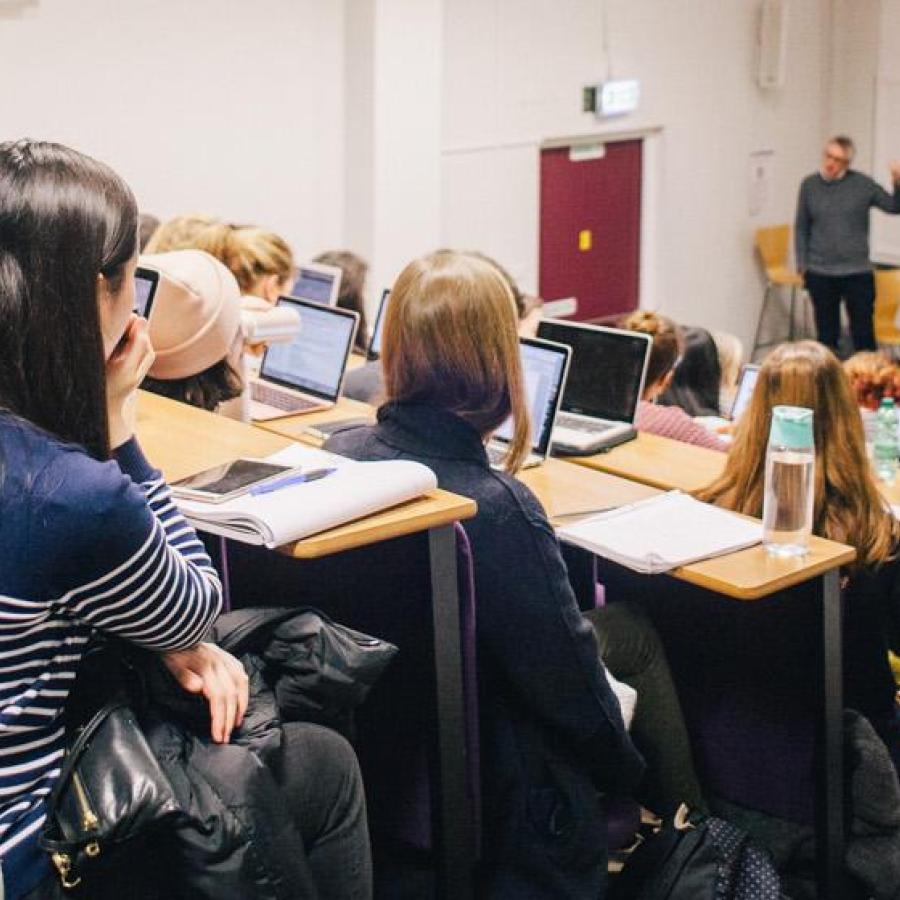Dr Jamie E. Forde

Job title:
Lecturer in Pre-Modern Art
Role:
Programme Director, Global Premodern Art
Office:
Hunter Building, John Higgitt Gallery, O.45
Biography
Jamie Forde is a Lecturer of Pre-Modern Art. He specialises in the visual culture and architecture of prehispanic and colonial Latin America, with a geographic focus on central and southern Mexico. Trained as an anthropological archaeologist, he employs both art historical and archaeological methods in studying Indigenous Mexican societies during the periods surrounding colonial encounter with Europeans. Much of his research and teaching adopts a global perspective, highlighting the entanglements of Indigenous peoples of the Americas in dynamics of early modern globalization, through transcultural exchanges of materials, ideas, images, and organisms that followed the crossings of the Atlantic and Pacific oceans.
Forde’s research largely takes place in Mexico, and he is the director of an ongoing interdisciplinary community-based field project based at the site of Achiutla, located in the Mixtec highlands of Oaxaca. He is currently finishing a book manuscript based on this work, which has been supported by institutions in the U.S. including the National Science Foundation and National Geographic. He has also held long-term fellowships at Dumbarton Oaks Research Library and Collection, the McNeil Center for Early American Studies at University of Pennsylvania, the John Carter Brown Library, and the Newberry Library of Chicago.
Forde received his BA in Anthropology of University of California Santa Cruz, and his MA and PhD in Anthropology from the University of Colorado at Boulder. Prior to coming to Edinburgh, he was part of the curatorial team responsible for the reinstallation of the permanent Mexico and Central America gallery at the University of Pennsylvania Museum of Archaeology and Anthropology.
Dr Forde teaches widely on prehispanic and colonial arts of Mesoamerica and South America, while also offering more advanced courses on specialized topics that are tied to current research. Several of his courses emphasize understanding pre-modern Latin American art in global perspective, highlighting connections with other parts of the world. This is done, in part, through facilitating student engagement with important Latin American visual materials in museum collections and archives here in Scotland.
Forde offers two undergraduate honours course options, including an intensive course on Aztec Imperial Art, and a seminar titled Imaging/Imagining the Americas: Cartography and Ecology Across the Renaissance Atlantic. He also teaches a postgraduate seminar, Idolatry: Images and the Sacred in the Americas and Europe, 1400-1700. Beyond these offerings, he contributes lectures to our first-year undergraduate core course as well as to the core curriculum of our postgraduate programme in Global Pre-Modern Art.
Research
Research
Dr Forde’s research has engaged Mesoamerican visual and material culture across a variety of media, including painted ceramics and manuscripts, carved stone sculpture, and architecture. He works with materials recovered from his own archaeological projects as well as with objects and documents housed in historical various archives and museum collections. His current book project, based on his field research at the Mixtec community of Achiutla in the Mexican state of Oaxaca, examines the longue durée life histories of sacred architecture at the site—how ruins of prehispanic temples and colonial churches have been dismantled and repurposed over centuries. The work considers how meanings surrounding ruins have endured and been reimagined over more than two millennia, and how these ruins and meanings impinge upon contemporary Indigenous understandings of time, community, and heritage.
Beyond the above project, Forde’s recent written work has focused on connections between Indigenous communities of Oaxaca and the wider early modern globe, through transoceanic exchanges such as the sixteenth century silk trade. An article to be published in 2022 examines the economic impacts of the colonial Mexican silk industry, while another essay, while another essay in preparation considers how silk reshaped religious practices and worldviews.
Current PhD students
Assessment of Architectural Elements that Shape the Cultural Identity of Northern Mexico: An Immersive Depiction of Key Features
Re-reading the historical classics: Visualising Cai Wenji across the Middle Imperial China (960-1350)
PhD Supervision Topics
- Pre-Columbian and Colonial Latin America
- Aztec and related societies of Mexico
- Mesoamerican painted manuscripts (codices)
- Prehispanic and colonial religious architecture
- Space and cartography
- Transoceanic and transcultural arts
- Globalization
- Theories of materiality and temporality




